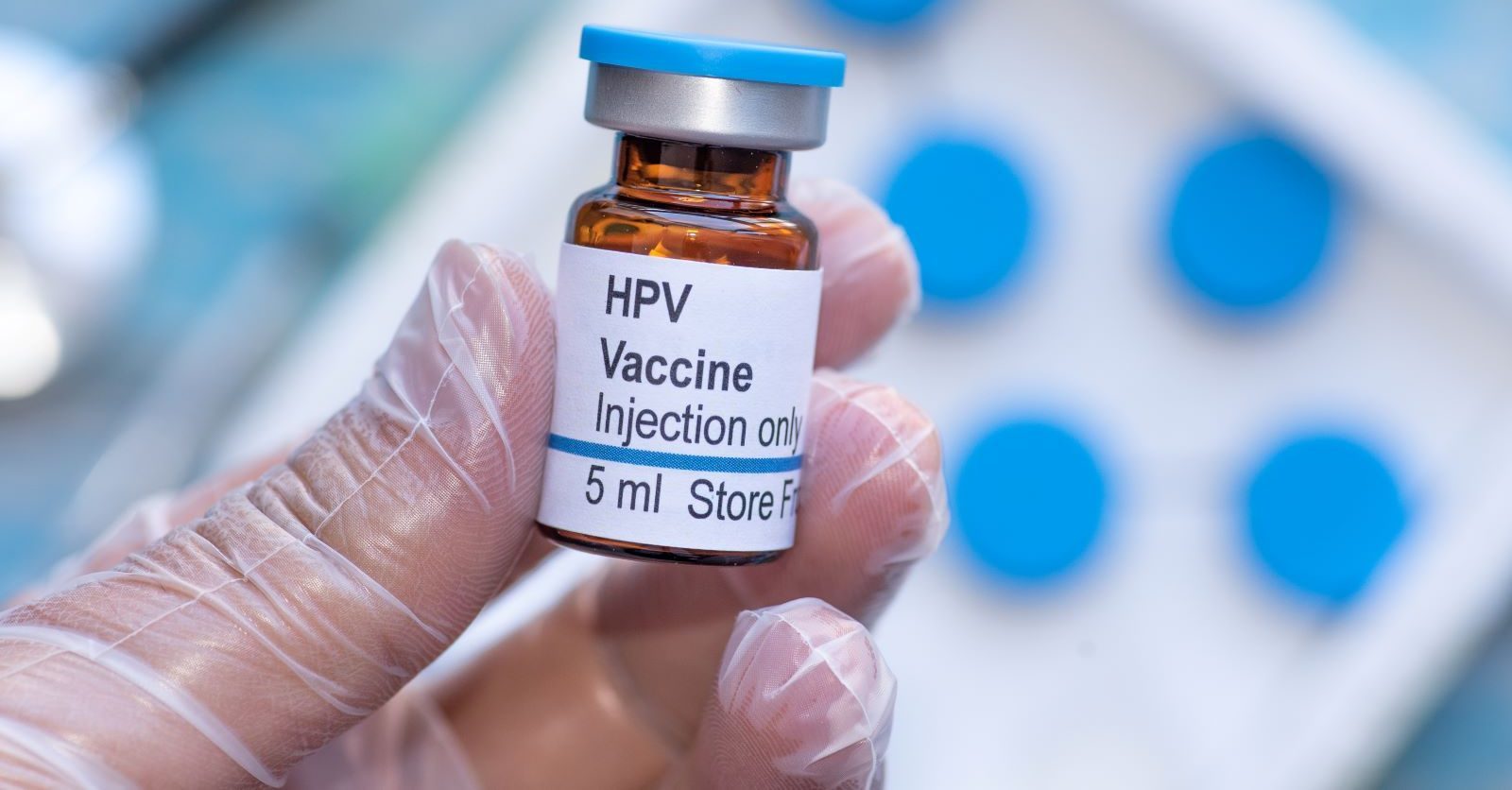<< Back
HPV Vaccine Credited With Drastic Drop in Cervical Cancer in Young Women

January 24, 2023
Until you see their effectiveness, vaccines might seem like an extra, unnecessary chore. But if the dramatic drop in cervical cancer because of the HPV vaccine is any indication, some vaccines could save your life.
The experts weigh in
Cancer Statistics 2023, published by the American Cancer Society, suggested that the human papillomavirus (HPV) vaccine – introduced in 2006 – is responsible for the 65% reduction in cases in women ages 20-24 from 2012 to 2019.
The vaccine, given to females age 9 to 26, protects against strains of HPV that cause most cervical cancers. The first adolescents vaccinated are now in their 20s.
“Certain high-risk strains of HPV can persist in the body for years, particularly in cells that line the throat and genitalia,” warns Christopher Iannuzzi, MD, a radiation oncologist at St. Vincent’s Medical Center in Bridgeport. “This chronic irritation can cause cellular changes that result in cancer.”
Although rates were already declining because of screening, the HPV vaccine accelerated this progress. HPV is the most common sexually transmitted infection, spreading through skin-to-skin contact, usually by engaging in oral, vaginal or anal sex with someone who’s infected.
Why should I get vaccinated?
Many people with HPV don’t realize they have it because there are often no signs or symptoms. Most infections go away on their own, but some last longer and can cause cancer.
These include cancers of the:
“The HPV vaccine is effective against the strains of HPV that cause cancer,” says Dr. Iannuzzi.
Implementation of the HPV vaccine in teenage girls, according to the Centers for Disease Control and Prevention, prompted an 88% decrease in infections with high-risk HPV types and those that cause genital warts.
HPV vaccination, now available in single dose, is recommended for boys and girls at age 11 or 12. The CDC continues to recommend the original three-dose regimen, and urges anyone up to age 26 consider getting the vaccine.